About the Time Series
The process to develop this report involved over 70 scientists from across 16 institutions working with available datasets, mostly of ten years length or longer. New analyses were undertaken to produce scientifically robust information about the state and trends of ecosystem indicators relevant to the Australian marine environment and its bioregions
A total of 27 time series datasets were assessed as being appropriate for inclusion in the State and Trends of Australia’s Oceans Report (2019). They are grouped into four themes covering indicators of:
- the physical and chemical environment;
- biological productivity;
- water quality; and
- marine animals (zooplankton, fish, sharks, and marine mammals).
The four themes were not predetermined at the start of the process. Identification of the 27 time series included was inevitably based on availability of data and willingness of subject matter experts to make time available for analysis.

